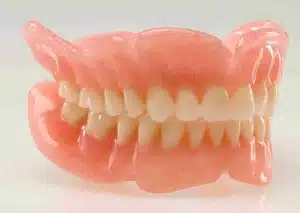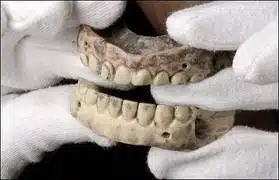
Implant or Bridge? How to Decide (Part 1)
We hope we will never lose a single tooth. Unfortunately, it happens sometimes. We can lose a tooth for many reasons. I won’t delve into them in this article. The purpose here is to help you to decide between a bridge and an implant, in the event that you have to make that choice.
Just so we are clear: No two situations are completely alike. I have neither seen nor evaluated your case and am simply discussing general principles. You should always consult a comp
etent and licensed professional to assess your specific circumstance before making a decision that will affect both your health and finances. Nevertheless, here you are. Either a tooth has been compromised and is lost already, or it is about to be extracted. If the idea of dental implants has crossed your mind, your dentist first has to determine whether you are a good candidate for the implants. The criteria can be broken down into three broad categories:
- Do you have any medical issues that may prevent successful placement of an implant?
- Do you have sufficient bone?
- Will your existing bite allow it?
So let’s get into it:
1. Medical Issues. Health conditions that could prevent an implant being placed may include, but are not limited to:
- Diabetes
- Recent heart attack or stroke
- Immunosuppression
- Drug abuse
- Active treatment of malignancy
- Intravenous bisphosphonate use
You should disclose anything you think could be a matter of concern with your dentist. The success rate with dental implants is very high, but careful case selection is the key to success.
2. Sufficient Bone. Again, this needs to be determined by the implant surgeon. Your bone needs to be high enough and wide enough to accommodate the implant. If it isn’t, you may still qualify for a dental implant, but will likely require an additional procedure called bone grafting. Your dentist or implant specialist will determine your specific needs.
3. Your Bite. What does the bite have to do with anything? There was a tooth there to begin with, right? Both implants – and natural teeth – survive longer when your teeth and jaw are in harmony. If your bite has collapsed – meaning the upper jaw and lower jaws are now too close to each other – there may not be enough room to place an implant without orthodontic (braces), or surgical, intervention.
Starting to sound a bit complicated? Don’t worry, in most cases, the dentist can tell you pretty quickly if he feels implants will work for you. Sometimes, he needs additional screening tools to make the final call but, if he does, he’ll let you know that too.
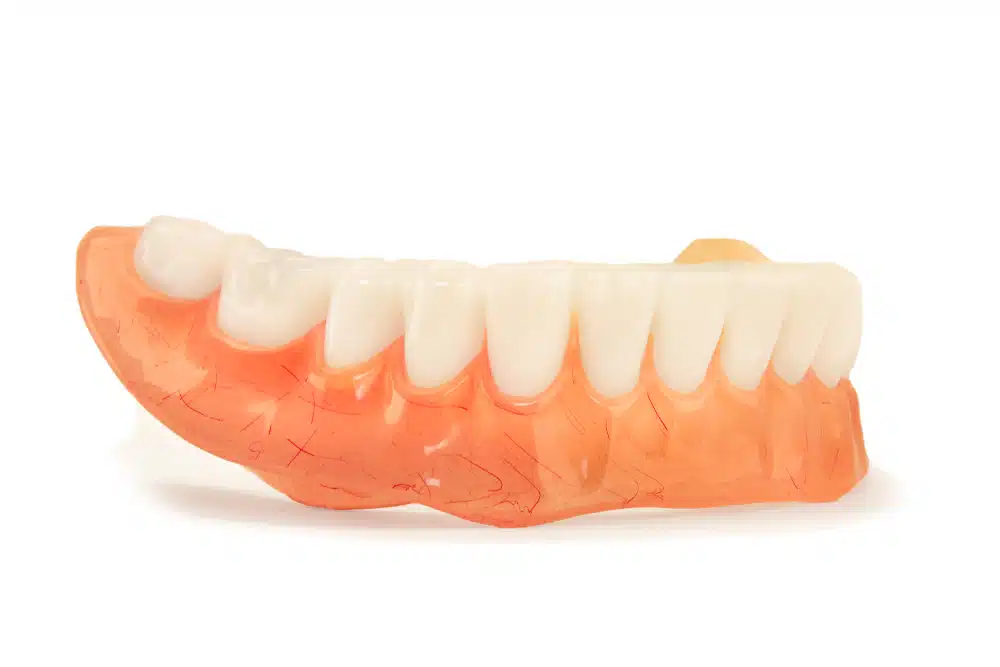
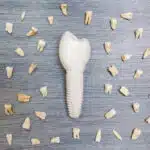
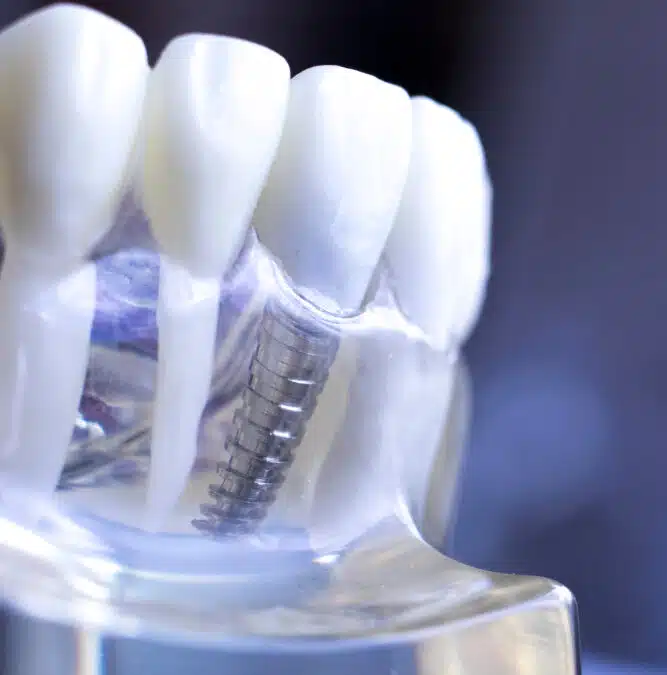
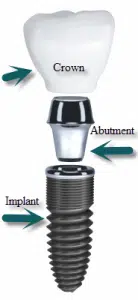 You may be a candidate for dental implants. In our office, we coordinate treatment with a periodontist who handles the first step of the procedure.
You may be a candidate for dental implants. In our office, we coordinate treatment with a periodontist who handles the first step of the procedure.